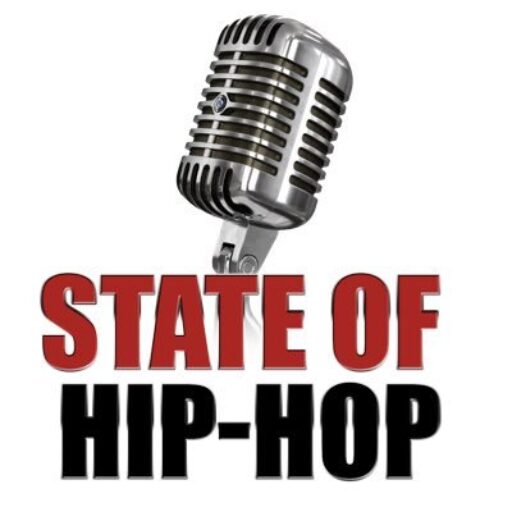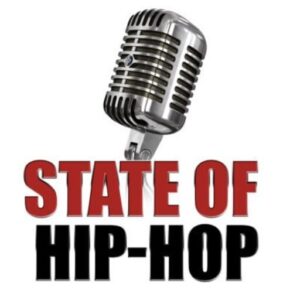Dry January is a way to take a break from alcohol once the eggnog, champagne coquito, and sorrel flooding the holiday season are gone. Many people participate in this global effort to eliminate alcohol intake for a month. Others only engage in beer and wine, excluding spirits and liquors. It permits people to reflect on their alcohol consumption and engage mindfully, if at all.
Alcohol Change, a philanthropic organization focused on obliterating alcohol-related harm, kicked off the first Dry January campaign in 2013. The practice of committing to sobriety for a set amount of time has roots in Finland, according to the Journal of eClinicalMedicine. That article revealed, “Organised campaigns of alcohol-free months are now commonplace throughout Europe and the USA, with millions taking part each year.” A 2022 article in the Harm Reduction Journal reports that “Over the last decade, one-month alcohol abstinence campaigns (OMACs) have been implemented within the general population in an increasing number of countries.”
The rise in participation could be evidence of the sober curious movement gaining steam as Generation Z defines their relationship with alcohol consumption. There is more room than ever to be sober in mainstream social settings. The days of stodgy temperance stigma are slipping away. “Promoting the idea of reducing alcohol consumption through more ‘mindful’ drinking is accompanied by an expanding market of alcohol-free beverages, ‘dry’ drinking venues, or licensed bars offering alcohol-free options,” according to a 2022 article in the International Journal of Environmental Research and Public Health.
Participating in dry January has the potential to impact one’s health in multiple ways positively.
Even those who do not finish participating in Dry January can be positively impacted by trying it. “Both successful and unsuccessful participants frequently reported health benefits,” according to the Harm Reduction Journal. According to Dr. Joseph R. Volpicelli M.D., Ph.D. “Stepping away from alcohol can reduce anxiety, stabilize mood, and offer clarity on its impact on daily life. It’s also a chance to reset habits and reevaluate one’s relationship with alcohol.”
Dr. Volpicelli emphasized that what happens after Dry January is finished matters in a statement to Black Health Matters. “A month is a great starting point for observing significant health benefits and reflecting on drinking habits. However, what matters most is what follows after the month ends. Returning to old patterns without reflection could mean missing an opportunity for lasting change. Extending the break or adopting mindful drinking habits can help sustain the progress. For those struggling to abstain completely, a ‘Damp January,’ where drinking is limited to one or two drinks on occasion, can also be effective,” he said.
Dry January Can Potentially Reduce Your Cancer Risk
The US Surgeon General Dr. Vivek Murthy released a 2025 report that revealed “the scientific evidence for the causal link between alcohol consumption and increased risk for at least seven different types of cancer, including breast (in women), colorectum, esophagus, voice box, liver, mouth, and throat.” That report stated that “Alcohol consumption is the third leading preventable cause of cancer in the United States, after tobacco and obesity.”
Less consumption of alcohol might help reduce risks. The Office of the US Surgeon General is so concerned about the risks presented by alcohol consumption that they are advocating for bold warning labels to be placed on alcoholic beverages to advise the public of the risks associated with their nightly cocktails.
Dry January Can Help You Sleep Better
Skipping out on those shots might be the key to improving and maintaining your sleep hygiene. Excessively imbibing has been proven to block ZZZs in the short and long term in many studies. “Alcohol use is associated with poor sleep quality,” per a 2022 study published in the Journal of Sleep Advances. The Journal of Alcohol, Clinical and Experimental Research noted that alcohol consumption was connected not only to insomnia but to other sleep disorders as well.
Dry January Can Help You Lose Weight
The British Journal of General Practice reports that “Cutting out alcohol can help people achieve weight loss goals.” A 2018 study published in BMJ Open found that moderate drinkers who eliminated alcohol lost over four pounds on average. It also reported that they showed positive improvements in their insulin resistance, a health factor connected to weight management.
Dry January Can Help Improve Your Mental Health
There is “an elevated risk for alcohol misuse in the presence of anxiety,” according to the Journal of Alcohol Research: Current Reviews.“Mentally, stepping away from alcohol can reduce anxiety, stabilize mood, and offer clarity on its impact on daily life. It’s also a chance to reset habits and reevaluate one’s relationship with alcohol,” said Dr. Volpicelli.
Learn more about Dry January here.
The post 4 Ways Dry January Can Positively Impact Your Health appeared first on Black Health Matters!.


